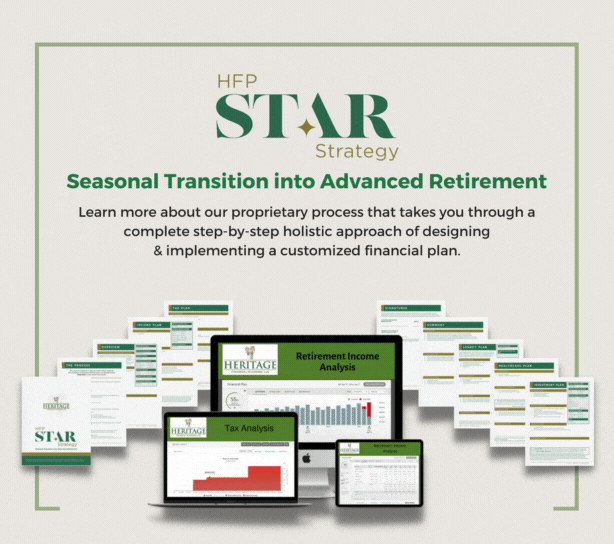Stocks can climb a wall of worry but will never climb a wall of uncertainty.
When it comes to global trade, tariffs are one of those topics that can make anyone’s head spin. Simply put, a tariff is a tax imposed by one country on goods imported from another. Governments often use tariffs to protect domestic industries, address trade imbalances, or even as a form of negotiation. While tariffs may serve a strategic purpose, their impact on the stock market can be far from straightforward. Investors are left weighing potential gains against possible risks.
Recent Tariff News and Market Reaction
Just yesterday, the financial world was shaken as escalating trade tensions between the U.S. and China made headlines. On April 4, 2025, the U.S. announced a 34% tariff on Chinese imports to address ongoing trade imbalances. In response, China introduced equivalent tariffs on U.S. goods. This back-and-forth immediately stirred market volatility, leading to a significant downturn. The Dow Jones Industrial Average fell by over 1,000 points in a single day, marking one of the most substantial drops in recent history. The S&P 500 and Nasdaq Composite also saw notable declines, with tech and manufacturing sectors being hit the hardest.
Why Tariffs Can Hurt the Market
Tariffs raise the cost of imported goods, especially for companies relying on global supply chains. These higher costs can lead to reduced profit margins or higher consumer prices, and if the competitive landscape doesn’t allow price adjustments, companies may suffer financially. Additionally, the threat of trade wars often creates uncertainty, causing companies to delay investments or expansion. This uncertainty can also affect consumer confidence, leading to decreased spending and slower economic growth.
Why Tariffs Might Help the Market
On the flip side, tariffs can sometimes boost domestic industries by reducing competition from imported goods. For example, if imported steel becomes more expensive, American steel producers may see an increase in demand. Additionally, tariffs aimed at strengthening domestic supply chains may be viewed positively if they encourage resilience and reduce dependence on foreign manufacturing.
Why Planning Matters More Than Ever
Markets are constantly navigating the balance between worry and uncertainty. While investors may grow cautious in response to potential threats, what they really struggle with is unpredictability. At Heritage Financial Planning, we understand how important it is to build a financial plan that withstands both the ups and downs of market changes.
The HFP S.T.A.R. Strategy: Your Guide to Financial Confidence
That’s where our S.T.A.R. (Seasonal Transition into Advanced Retirement) Strategy comes in. We guide you through the process of creating a well-rounded and personalized plan that covers:
- Income Planning
- Age-Appropriate Investment Strategies
- Tax Planning and Positioning
- Health Care Strategies
- Legacy Planning
With our proprietary S.T.A.R. process, you can feel more secure knowing that your financial future is in good hands, no matter what the markets throw your way.
Let’s Plan for Your Future
Navigating market changes can feel overwhelming, but you don’t have to do it alone. At Heritage Financial Planning, we’re here to help you make sense of it all. Reach out to us today to schedule an appointment. Let’s sit down and talk about your goals, concerns, and how we can work together to build a plan that gives you confidence and peace of mind.

Click here to learn more about our HFP STAR Strategy process.
Sources:











